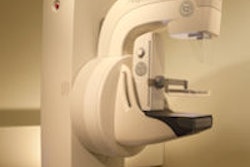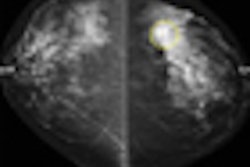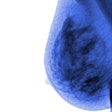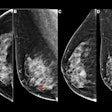Monday, November 30 | 11:10 a.m.-11:20 a.m. | SSC18-05 | Room E353B
In this Monday morning scientific session presentation, researchers from Mercy Philadelphia Hospital will present their study showing that uterine fibroid embolism (UFE) is an effective uterus-preserving therapy for treating fibroids in an inner city population.Dr. Morgan Althoen and colleagues conducted the study at Mercy Philadelphia Hospital, which serves a predominately African-American population, to show that these women could benefit from UFE. They also wanted to provide information for future patients about the likelihood that UFE will be helpful to them as well, Althoen told AuntMinnie.com.
"Even though fibroid disease afflicts African-American women more frequently and at a greater severity than women of other races, large-scale research studies have not been performed which focus on the response of this group to the UFE procedure," he said. "For cultural reasons many women in this community have a strong desire to avoid hysterectomy, even when no further pregnancy is desired, so uterus-sparing solutions for fibroids are preferred."
Althoen and colleagues analyzed the success and failure of the UFE treatment of 272 patients, dividing patients by extent of disease. The team graded each patient's overall symptomatic response on a five-point scale, basing the grade on long-term symptoms, radiological data, and physical exam reports.
The study also analyzed impact of obesity, diabetes, hypertension, and smoking history on the UFE success rate. The factors of obesity and diabetes influenced worse outcomes following the procedure, although this finding was not statistically significant, Althoen said. Hypertension and smoking history did not affect UFE outcomes.
"UFE is an effective low-complication therapy for symptomatic uterine fibroids in this inner city population," the team wrote. "It further demonstrates that measures of extent of disease did not have a large bearing upon positive response to therapy or negative outcome, despite the large average uterine size and fibroid burden [of our patient sample]."




















